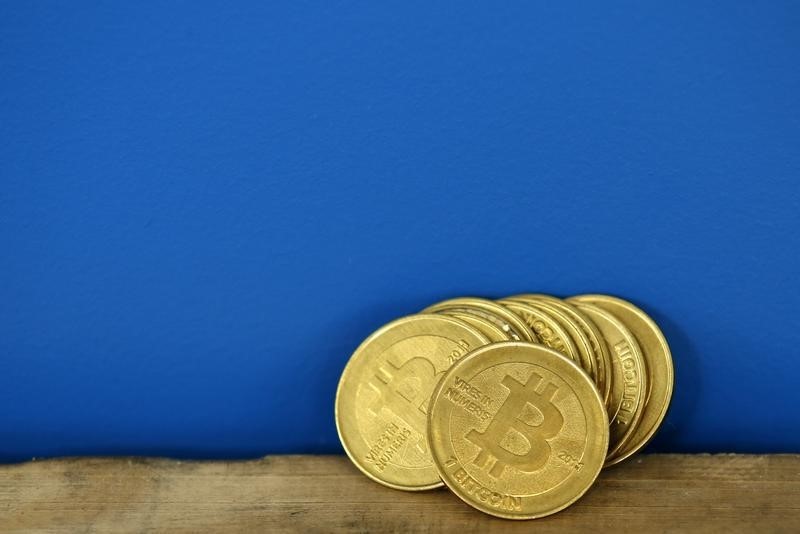An STO is a Security Token Offering, similar to a stock offering but represented by tokens on a blockchain rather than certificates in a traditional market. The water is still murky, as government officials scramble to understand what the blockchain is, but even though it is like finding a needle in a haystack there is such a path.
Blockchain developers keep their fingers crossed, hoping that government’s do not move with a heavy hand in regulation, potentially squandering innovation.
The STO technology could be a big step towards getting traditional financial assets onto the blockchain. Platforms like INX are working on making this technology available for institutions bridging into crypto.
What Are STOs and How Do They Work? The key aspect to understand is an STO represents a stake in an underlying security. Whether that security is profits, bonds, shares, or revenue depends on the token.
The STO came after the initial ICO craze. Both are used to fundraise projects or companies, but the ICO is far less regulated. The fear of an unregulated path holds companies back from choosing it, though they shouldn’t dismiss this option because one company is already working under SEC regulations: INX
This could come to benefit investors as there is improved clarity on what it is they are purchasing; the ICO has been plagued with many scams and rug pulls. This could help rid the crypto space of grifters and bad actors who look to take advantage of investors for a quick dollar.
Benefits of STOs There are a couple of benefits of STOs; they are:
- Improved clarity on what is being purchased
- Clearer regulation
- Increased difficulty for scams to take place
While there are clear benefits, there are many in the space who do not like the STO. This is because it is a step back from the old system. The original purpose of crypto, at least with Bitcoin, was unregulated money out of the hands or control of government corruption. An STO returns power to these forces.
This blockchain technology has developed past the original notion of Bitcoin maximalists, and can be useful for traditional finance players. But, it is unlikely that many Web3 natives will be very keen on this style of offering. It will largely be traditional finance players trying out blockchain technology, not the blockchain developers wanting to branch into the old traditional finance ways.
How is an STO different from an ICO? The key difference in STO technology is it has underlying security tied to it. This is unlike an ICO (Initial Coin Offering) which represents a utility token – used for accessing different technologies. As governments continue to learn about blockchain technology, they will be better able to regulate the two different offerings.
Currently, governments remain rather clueless about blockchain technology. There is a lot of effort going into educating government officials so that they can properly regulate the space.
The United States has taken a rather hands-off approach as they continue to navigate it, but lack of regulation is not necessarily good for crypto. Once regulated, much more capital can be deployed into crypto-based investments.
There have been countries that have outright opposed blockchain technology; China, for example, placed a ban on Bitcoin. This could prove catastrophic as technology continues to develop and change around the world.
Much like how governments did now know how to regulate cars in the 1800s, they are unsure how to regulate blockchain technology today. This should not influence the builders to slow development.
Fitting technology into the world of regulation is harmful; rather, regulation should adapt with technology. STOs are ultimately an effort at this, attempting to fit new technology into the traditional regulation of securities.
How are STOs Defined and Regulated Around the World? An STO is regulated very similarly to an IPO (Initial Public Offering) in the stock market. Ultimately regulated by a governing body that manages issuance, supply, and any other necessary factors.
Final Thoughts There are two potential paths for STOs to really grow in popularity. The first is for traditional financial players wanting a bridge into crypto. This will come as blockchain technology is better understood. The second way STOs could become mainstream is if ICOs begin to get regulated strongly. A large number of ICOs are really securities that are avoiding playing by the same rules that normal public or private companies follow.
Image sourced from Shutterstock
This post contains sponsored advertising content. This content is for informational purposes only and not intended to be investing advice.
© 2022 Benzinga.com. Benzinga does not provide investment advice. All rights reserved.
